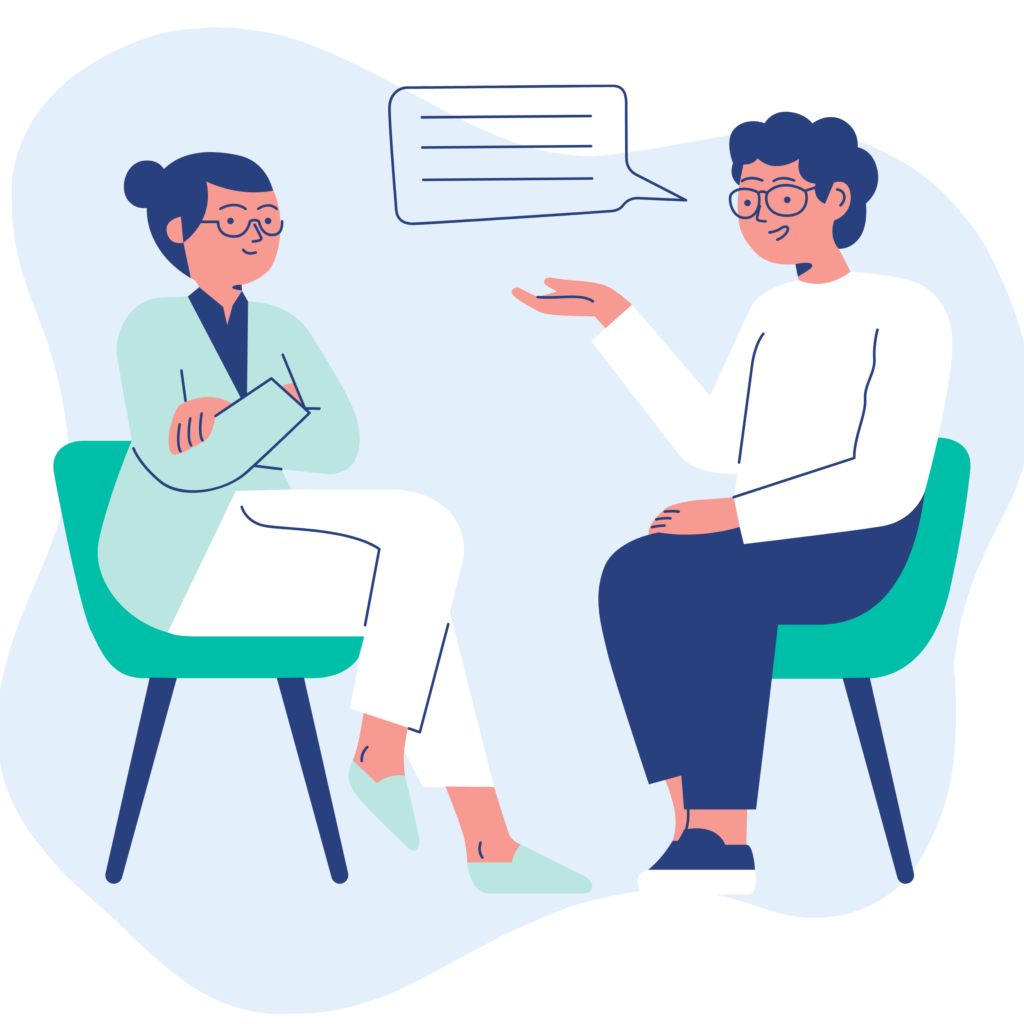Choose your
path to healing
We believe that everyone deserves access to personalized support and care. Take the first step toward a healthier, happier you.

Basic Plan
All Essential Care
₦55000
₦
40,000
/Month
-
2 Monthly 45-Minute Sessions
-
Unlimited messaging/support
-
Regular activity plan
-
Weekly check-in messages
-
Session summaries
-
Monthly progress snapshot
-
4-Section self-care worksheet
-
Worksheet replies
Choose Plan
Physical, Video or Text Therapy.
Therapist reply within 24hrs.
Therapist reply within 24hrs.
Standard Plan
Advanced Premium Support
₦85000
₦
60,000
/Month
-
4 Monthly 45-Minute Sessions
-
Unlimited messaging/support
-
Regular activity plan
-
Weekly check-in messages
-
Session summaries
-
Monthly progress snapshot
-
4-Section self-care worksheet
-
Worksheet replies
Choose Plan
Physical, Video or Text Therapy
Therapist reply within 24hrs.
Therapist reply within 24hrs.
Most Popular
Premium Plan
Comprehensive Wellness Plan
₦130000
₦
100,000
/Month
-
6 Monthly 45-Minute Sessions
-
Unlimited messaging/support
-
Regular activity plan
-
Weekly check-in messages
-
Session summaries
-
Monthly progress snapshot
-
4-Section self-care worksheet
-
Worksheet replies
Choose Plan
Physical, Video or Text Therapy.
Therapist reply within 24hrs.
Therapist reply within 24hrs.
Couples Plan
Relationship and Family Therapy
₦85000
₦
120,000
/Month
-
4 Monthly 45-Minute Sessions
-
Unlimited couple messaging
-
Couples regular activity plan
-
Individual Therapy
-
Weekly check-in messages
-
Session summaries
-
4-Section self-care worksheet
-
Worksheet replies
Choose Plan
Physical, Video or Text Therapy
Therapist reply within 24hrs.
Therapist reply within 24hrs.
Counselling Therapy Plan
Basic Plan
All Essential Care
₦55000
₦
40,000
/Month
-
2 Monthly 45-Minute Sessions
-
Unlimited messaging/support
-
Regular activity plan
-
Weekly check-in messages
-
Session summaries
-
Monthly progress snapshot
-
4-Section self-care worksheet
-
Worksheet replies
Choose Plan
Physical, Video or Text Therapy.
Therapist reply within 24hrs.
Therapist reply within 24hrs.
Standard Plan
Advanced Premium Support
₦85000
₦
60,000
/Month
-
4 Monthly 45-Minute Sessions
-
Unlimited messaging/support
-
Regular activity plan
-
Weekly check-in messages
-
Session summaries
-
Monthly progress snapshot
-
4-Section self-care worksheet
-
Worksheet replies
Choose Plan
Physical, Video or Text Therapy
Therapist reply within 24hrs.
Therapist reply within 24hrs.
Most Popular
Premium Plan
Comprehensive Wellness Plan
₦130000
₦
100,000
/Month
-
6 Monthly 45-Minute Sessions
-
Unlimited messaging/support
-
Regular activity plan
-
Weekly check-in messages
-
Session summaries
-
Monthly progress snapshot
-
4-Section self-care worksheet
-
Worksheet replies
Choose Plan
Physical, Video or Text Therapy.
Therapist reply within 24hrs.
Therapist reply within 24hrs.
Couples Therapy Plan
Couples Plan
Relationship and Family Therapy
₦85000
₦
120,000
/Month
-
4 Monthly 45-Minute Sessions
-
Unlimited couple messaging
-
Couples regular activity plan
-
Individual Therapy
-
Weekly check-in messages
-
Session summaries
-
4-Section self-care worksheet
-
Worksheet replies
Choose Plan
Physical, Video or Text Therapy
Therapist reply within 24hrs.
Therapist reply within 24hrs.
Why Us?
THE NUMBERS SPEAK FOR ITSELF
Testimonials
Jay Pee
Mercy B Therapy Café saved our marriage! We’re now stronger, happier, and truly connected.
Chima
After all the challenges i faced recently, Mercy B Therapy Café gave me a safe space to heal; the change is incredible!
Folake
I overcame anxiety at work and found self-confidence. Mercy B Therapy Café gave me the tools to thrive.
Emmanuel
There has always been crises in the family but now peace is restored! Mercy B helped us turn conflicts into unity.
Mariam
Therapy here helped my partner and i grow together—better communication, deeper connection, and true support.


